News
-
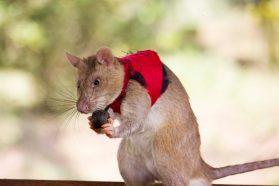 Animals
AnimalsGiant rats could soon help sniff out illegally smuggled goods
African giant pouched rats can detect landmines and diseases. Now some have been trained to sense elephant ivory, pangolin scales and more.
-
 Climate
ClimateFans may not keep older adults cool during heat waves
Older adults are at higher risk of suffering health consequences during heat waves. Fans may not do enough to prevent that.
-
 Health & Medicine
Health & MedicineAre synthetic food dyes bad for you? Here’s what the science says.
California is banning them in schools. The FDA says they’re fine. But synthetic dyes added to food to make them more colorful have a long, troubled history.
-
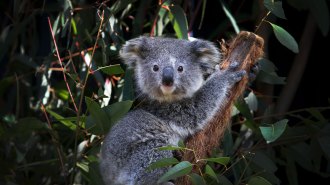 Animals
AnimalsA common kitchen tool could help koala conservation
A simple device sucks koala DNA out of the air, making it easier for conservationists to detect the elusive marsupials.
-
 Health & Medicine
Health & MedicineDrop in vaping drives tobacco product use by U.S. youth to a record low
The fewest number of U.S. middle and high school students are currently using tobacco products since the National Youth Tobacco Survey began in 1999.
-
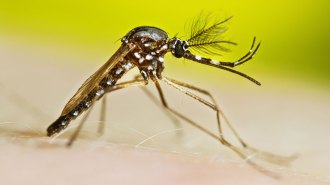 Health & Medicine
Health & MedicineMale mosquitoes sometimes suck, too
Blood isn’t actually toxic to all male mosquitos. In at least one virus-carrying species, it may even help them live longer.
-
 Science & Society
Science & SocietyThe U.S. empire was built on bird dung
A mid-1850s act let the United States seize islands rich in bird guano. Those strategic outposts fueled the U.S. rise to power, a researcher says.
By Sujata Gupta -
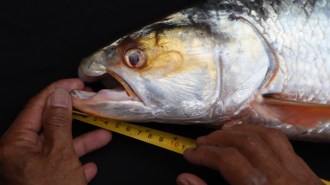 Animals
AnimalsThe ‘Mekong ghost’ megafish has resurfaced after an extinction scare
Rediscovery of giant salmon carp in Cambodia sparks hope for the rare fish’s survival and efforts to conserve one of the greatest diversity hot spots.
-
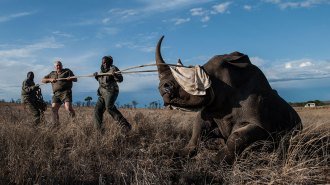 Life
LifeHow insects can help catch rhino poachers
A new study looks at which insects can be used as biological clocks to determine when a rhino was killed.
By Jude Coleman -
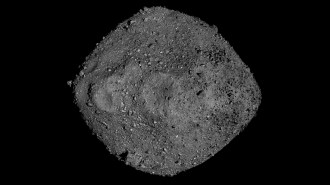 Space
SpaceA near-Earth asteroid offers clues to one dark matter theory
Data from the OSIRIS-REx mission to Bennu place a ceiling on the strength of a hypothetical fifth force that could explain dark matter’s origins.
-
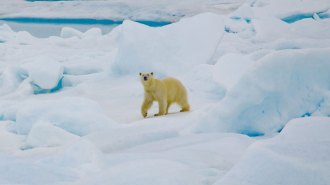 Animals
AnimalsPolar bears are being exposed to more pathogens as the climate warms
Polar bears have been exposed to more viruses, bacteria and parasites in recent decades, a new study shows, possibly acquiring the germs in their diet.
By Jake Buehler -
 Health & Medicine
Health & MedicineA new implant tested in animals reverses drug overdoses
In pigs, the device detected overdoses and administered naloxone. It could also alert emergency services to respond.
By Anna Gibbs